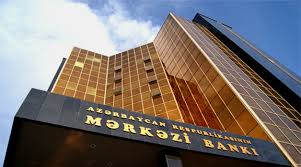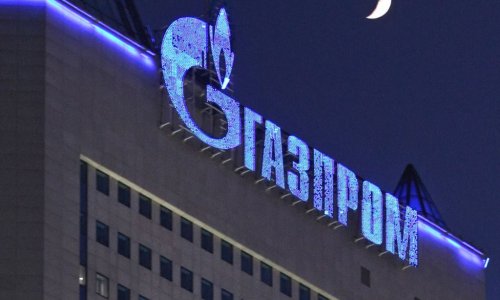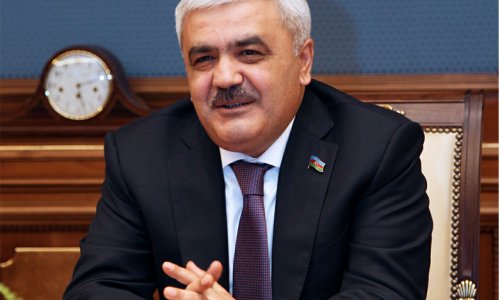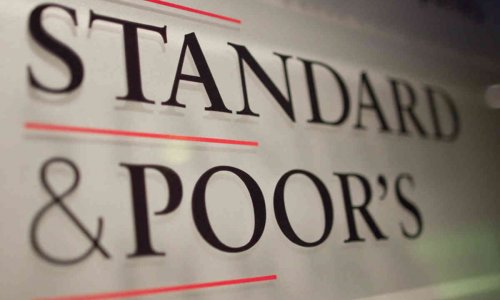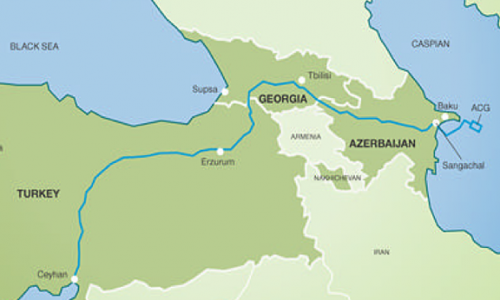(Economist Intelligence Unit) -- On July 13, the Central Bank of Azerbaijan (CBA) cut its policy rate by 50 basis points to 3%.
Bank lending has slowed in 2015 as a result of falling oil prices, which have depressed revenue in the energy sector, and the devaluation of the currency, which has hit consumer confidence. Since February, total bank claims on the private sector have been flat in month-on-month terms, compared with average growth of over 1.5% a month during the previous three years (claims jumped by more than 11% month on month in February 2015 owing to the revaluation of dollar-denominated loans).
The cut in rates is unlikely to have a major impact on credit creation. Low competition and shallow financing markets mean the transmission mechanism for monetary policy is weak. In July 2014 the CBA cut its policy rate by 75 basis points to 3.5%, but this has had only a small and gradual impact on average lending rates.
The lack of competitiveness is also reflected in a wide spread between deposit and lending rates.
Lending growth is likely to remain low in 2015-16 owing to persistent high devaluation expectations, which have led to the rapid dollarisation of deposits. This has been exacerbated by the fact that there is almost no difference in the average interest rates for manat and foreign-currency deposits.
Depositors thus have little incentive to hold assets in manat. This, in turn, has reduced banks' manat liquidity, which will push up the cost of lending in local currency. At the same time, there is currently little demand for foreign-currency denominated loans.
The relatively small role played by the banking sector in the economy means that the CBA's decision to cut its policy rate is also unlikely to have a significant impact on the inflation rate. Despite the major currency correction in February, consumer prices rose by just 4.4% year on year in June, according to figures from the State Statistics Committee.
We believe the official data may understate the true level of inflation in the economy, as other countries such as Russia that have undergone similar devaluations have experienced rapid price growth. This, in turn, implies that the headline real GDP growth rate (officially estimated at 5.7% in the first half of 2015) may be too high.
www.ann.az
Follow us !

